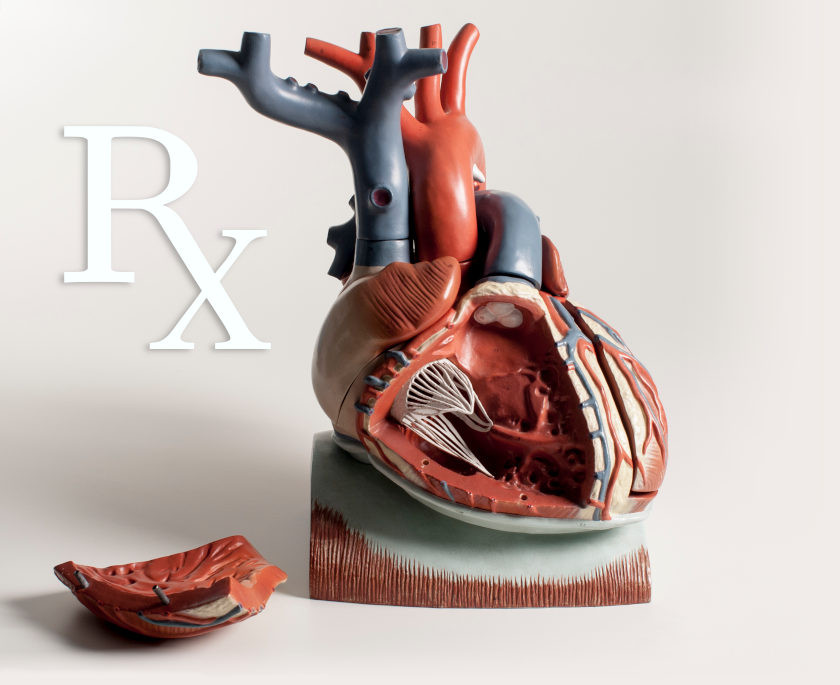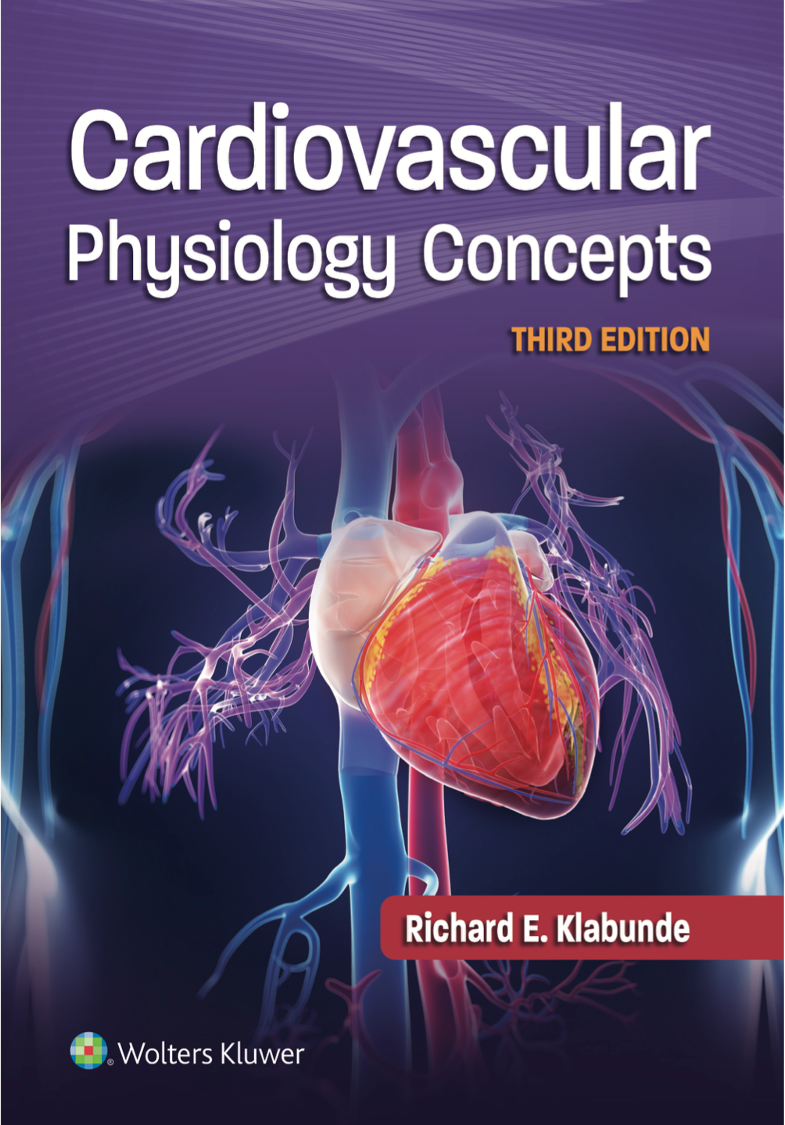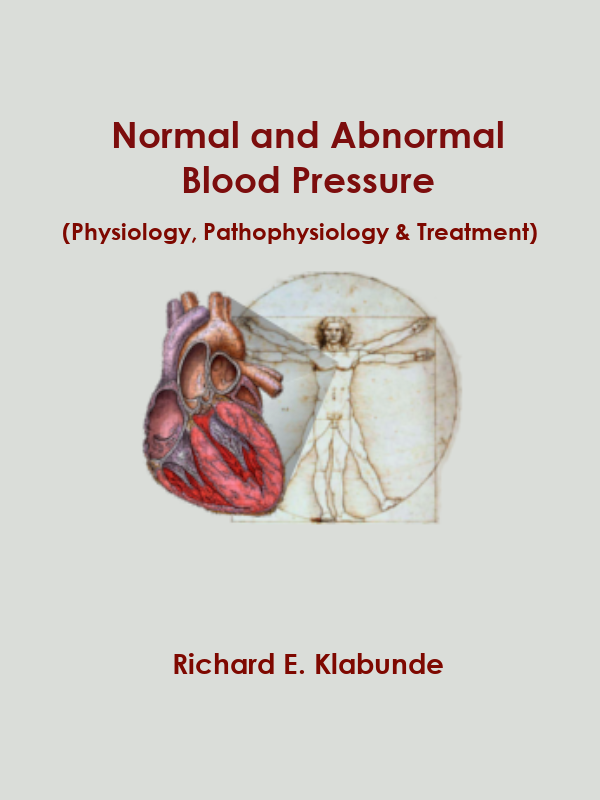The Pharmacologic Treatment of Systemic Hypertension - Antihypertensive Drugs
Rationale for Pharmacologic Treatment of Hypertension
Patients with primary hypertension are treated with drugs that 1) reduce blood volume (which reduces central venous pressure and cardiac output), 2) reduce systemic vascular resistance, or 3) reduce cardiac output by depressing heart rate and stroke volume. Patients with secondary hypertension are best treated by controlling or removing the underlying disease or pathology, although they may still require antihypertensive drugs.
Rationale for Reducing
Arterial Pressure
Reduce Cardiac Output
- Reduce blood volume
- Reduce heart rate
- Reduce stroke volume
Reduce Systemic Vascular Resistance
- Dilate systemic vasculature
Arterial pressure can be reduced by decreasing cardiac output, systemic vascular resistance, or central venous pressure. Venous pressure and cardiac output can be decreased by using drugs that reduce blood volume. These drugs (diuretics) act on the kidneys to enhance sodium and water excretion. Reducing blood volume not only reduces central venous pressure, but reduces cardiac output by the Frank-Starling mechanism because of the reduction in ventricular preload. An added benefit of these drugs is that they also reduce systemic vascular resistance with long-term use, by mechanisms that are not fully understood.
Many antihypertensive drugs have their primary action on systemic vascular resistance. Some of these drugs produce vasodilation by interfering with sympathetic adrenergic vascular tone (sympatholytics) or by blocking the formation of angiotensin II or its vascular receptors. Other drugs are direct arterial dilators, and some are mixed arterial and venous dilators. Some drugs that act on regions in the brain ("centrally acting") or on autonomic ganglia that inhibit sympathetic efferent activity. However, these drugs are less commonly used because of a high incidence of side effects. By reducing sympathetic output, centrally acting drugs and ganglionic blockers decrease arterial pressure by decreasing systemic vascular resistance and cardiac output.
Some antihypertensive drugs, most notably beta-blockers, depress heart rate and contractility (this decreases stroke volume) by blocking the influence of sympathetic nerves on the heart. Calcium-channel blockers, especially non-dihydropyridines that are more cardioselective, also reduce cardiac output by decreasing heart rate and contractility. Some calcium-channel blockers (most notably the dihydropyridines) are more selective for systemic vasculature and therefore reduce systemic vascular resistance.
Drugs Used to Treat Hypertension
Classes of drugs used in the treatment of hypertension are listed below. It is important to note that listing all these classes of drugs does not imply that all are equally effective and safe in all patients. In fact, for most patients with essential hypertension, the most commonly used drug classes ("first-line therapy") are thiazide diuretics, angiotensin converting enzyme inhibitors or angiotensin receptor blockers, and calcium-channel blockers. Co-morbidities (e.g., stroke, heart failure, valvular disease, renal disease) also play a role in deciding which class of drug to use for treating hypertension. Clicking on the drug class will link you to the page describing the pharmacology of that drug class.
- Diuretics
- thiazide diuretics
- loop diuretics
- potassium-sparing diuretics
- Vasodilators
- alpha-adrenoceptor antagonists (alpha-blockers)
- angiotensin converting enzyme inhibitors (ACE inhibitors)
- angiotensin receptor blockers (ARBs)
- calcium-channel blockers
- direct acting arterial dilators
- ganglionic blockers
- nitrodilators
- potassium-channel openers
- renin inhibitors
- Cardioinhibitory drugs
- beta-blockers
- calcium-channel blockers
- Centrally acting sympatholytics
Revised 11/29/2023

 Cardiovascular Physiology Concepts, 3rd edition textbook, Published by Wolters Kluwer (2021)
Cardiovascular Physiology Concepts, 3rd edition textbook, Published by Wolters Kluwer (2021) Normal and Abnormal Blood Pressure, published by Richard E. Klabunde (2013)
Normal and Abnormal Blood Pressure, published by Richard E. Klabunde (2013)